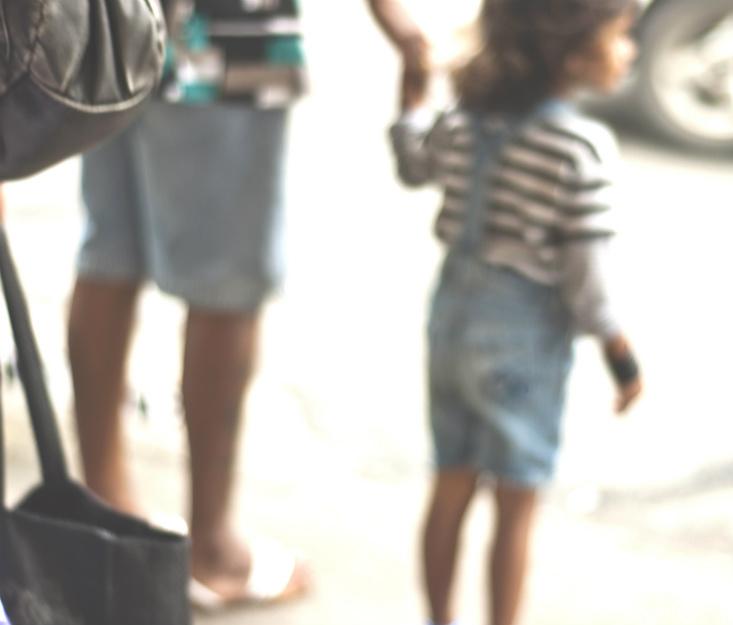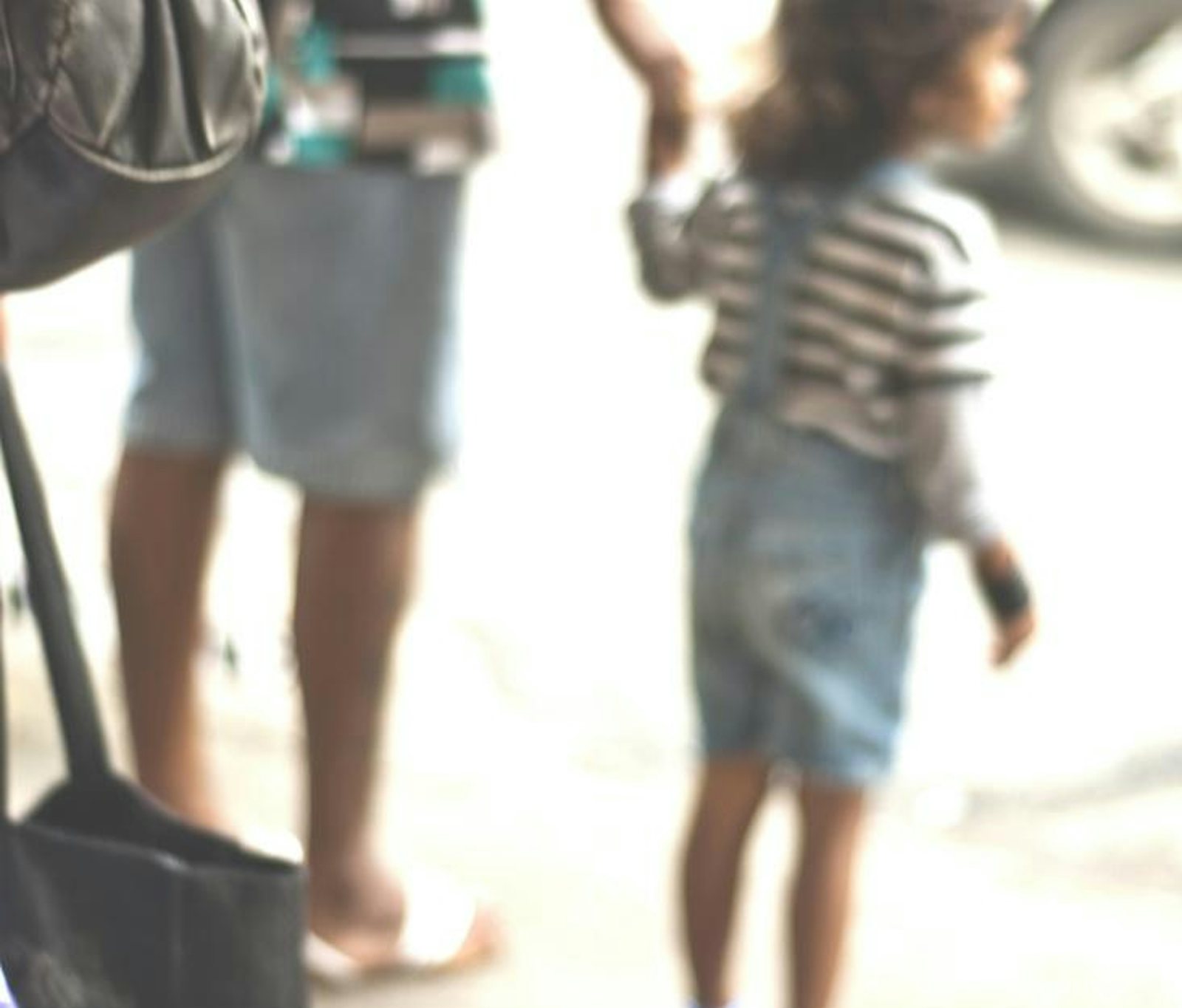
In the beginning, my mother is carrying me in her arms as she closes a screen door. I remember her humming as she walks along, and then she sits down on a bench that is surrounded by greenery. That’s all that is left of my earliest memory: screen door, humming, bench, plants. But the most vivid thing is the feeling of being carried. It’s a very comforting memory (although my mother says that I was a fretful baby).
This memory came to me in a dream when I was about 6 years old. The next morning I described the dream to my mother, who was surprised and said, “That’s the house where we lived in Nashville.” We moved away when I was 2, so that’s how old I must have been at the time of the memory. If my mother hadn’t told me that, I’m sure that it would have been lost for good.
Every one of us has a personal “beginning of time,” the first events we recall from our lives. I’ve read a number of these recollections on the Internet, as I prepared to write this article. Some of them are happy, some traumatic, some associated with specific events, others more with sensations. A lot of them come with an external fact that provides a time stamp: the birth of a sibling, a change of address, a birthday. It’s very common for the wispy scraps of information to be supplemented by a parent. One of my favorite examples was the story of a woman who remembered getting her legs caught in a railing when she was 2. Her mother tried greasing her legs with butter to get them out. When that didn’t work, a neighbor brought a saw to take out one of the rails. That scared her enough to wiggle out by herself. She thought the neighbor was going to saw her legs off! The woman says that she only remembers being stuck, the butter, and the saw—the rest of the details were provided by many family retellings over the years.
Why are our earliest memories so frustratingly vague, and why are there so few of them? Why is there a seemingly impenetrable wall between each person and their infancy? For answers, I turned to an expert.
“As adults, we don’t have any memories of the first 3 or 4 years of our lives, except perhaps a stray one here or there,” says Patricia Bauer, a psychologist at Emory University. The average age for the earliest memory in the U.S. is 3½ years, a number that has been consistently documented for more than a century. But there are variations, Bauer says. About one in 30 adults report a memory as young as age 1, while another one in 30 doesn’t remember anything before age 6, 7, or even 8.
Also, Bauer says, women tend to have earlier memories than men. People who moved in childhood often have earlier memories—as my example suggests. Qi Wang, a psychologist at Cornell University, has shown that people from Asian cultures tend to have later first memories, perhaps because of the different role of parents. “Mothers from Asian cultures don’t talk about the past as often as Western mothers, and when they do, they don’t emphasize the child as much,” Bauer explains. “They don’t say, ‘You had a really good time at that party, didn’t you?’” Finally, first-born children (like me) have earlier memories, on average, than later children.
Why are our earliest memories so frustratingly vague, and why are there so few of them? Why is there a seemingly impenetrable wall between each person and their infancy?
The wholesale forgetting of our first three or four years is called “childhood amnesia,” and its cause has been debated for a century. Sigmund Freud believed that these memories were repressed, and could be retrieved through psychotherapy. Other psychologists favor a more physical interpretation: The circuitry in our brains just isn’t developed well enough yet to acquire memories, so there isn’t anything there later to retrieve.
Bauer’s research points toward a third possibility: Children are actively forming memories even at a very young age, but they lose them faster than adults do. “I compare memory to a colander,” Bauer says. “If you’re cooking fettucine, the pasta stays in. But if you’re cooking orzo, it goes right through the holes. The immature brain is a lot like a colander with big holes, and the little memories are like the orzo. As you get older, you’re either getting bigger pasta or a net with smaller holes.”
Bauer’s interviews with hundreds of children have shown that they actually do remember things from as young as age 2. So it isn’t surprising that, at age 6, I still had a memory of my house in Nashville. But as time goes by, the orzo keeps slipping through the holes, and these memories are lost. As Wang’s research and the examples I found on the Internet suggest, “rehearsing” memories by talking with an adult who knows what happened can help the child retain them. (There are also years of research showing that various rehearsal strategies enable adults to retain memories as well.)
In a forthcoming article in Journal of Experimental Psychology, Bauer reports on interviews with 100 children and 20 of their parents, which showed that the forgetting patterns of children and adults are quite different. Children forget things at a steady rate that doesn’t depend on the age of the memory. By contrast, adults tend to hang on more to their older memories. After many years, the memories become sticky, like the fettucine that won’t slip through the holes. Adult memories also come with more contextual information, more “who-what-when-where-why,” which may make them stickier.
There’s one question I asked Bauer that she didn’t know the answer to: Can writing make your childhood memories stickier?
My parents taught me to write at an unusually young age. Not long after my fifth birthday they gave me a diary for Christmas, and my first memory with an actual date comes from that diary. On December 30, 1963, I wrote, “Last night [my sister] put a penny checker in my sleev I told her to do that whan I put my hand up thay fall down out of my vegama top came two checkers [sic].” Fifty years later, I still remember the checkers sliding down underneath my pajamas, and how unexpectedly cold they felt.
Bauer suspects that my recall of this event was assisted by the diary entry. Rereading it later in life might have helped me rehearse and reinforce the memory, just like a parent saying, “Remember when…?” However, she doesn’t know of any scientific studies on whether teaching your kids to write at a young age will help them remember. Unfortunately, my checker story is only one data point—not the stuff of science. Within a month I had lost interest in keeping a diary, and the “experiment” came to an end.
Dana Mackenzie is a freelance mathematics and science writer based in Santa Cruz, California. His most recent book is The Universe in Zero Words: The Story of Mathematics as Told Through Equations, published in 2012 by Princeton University Press.






























